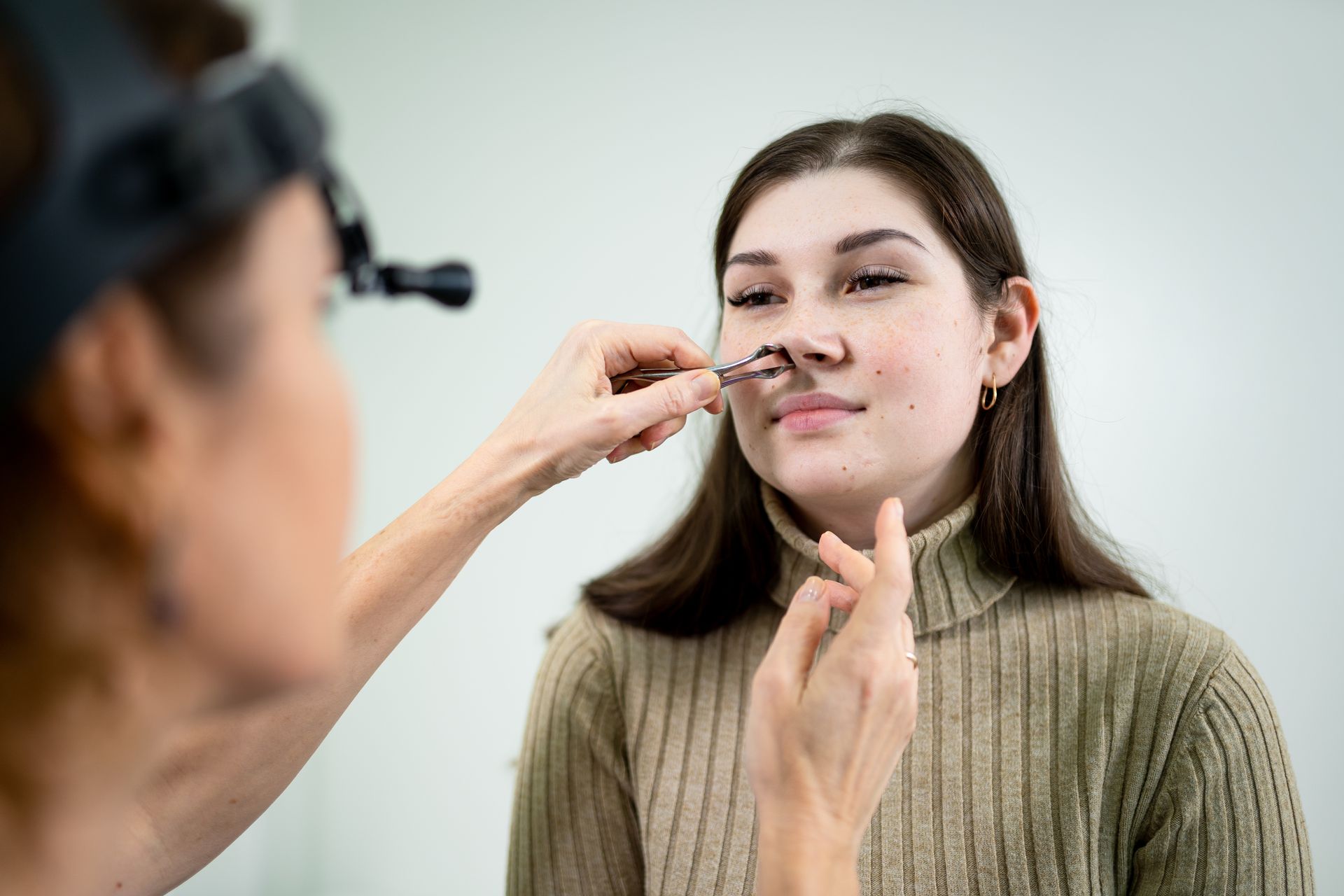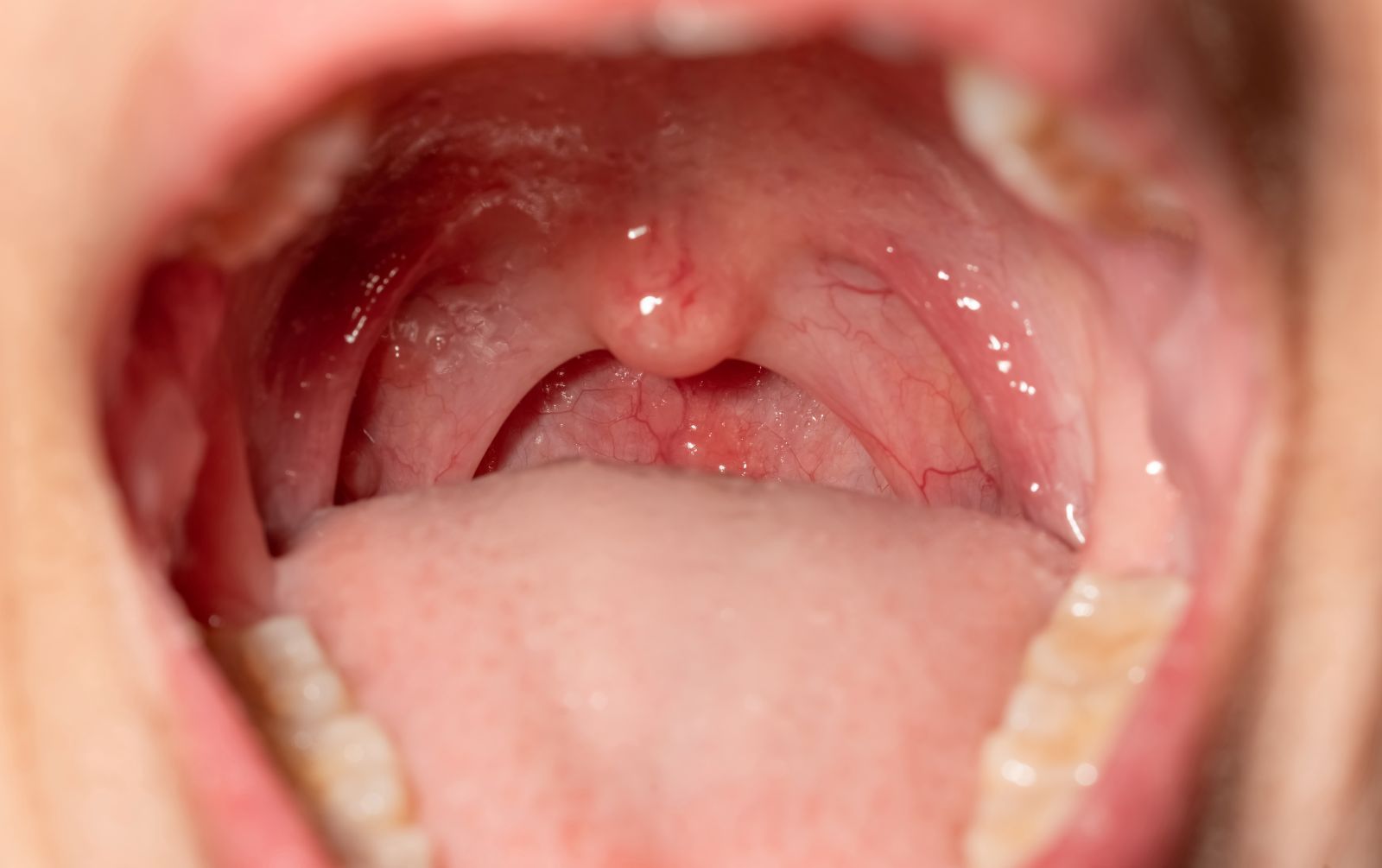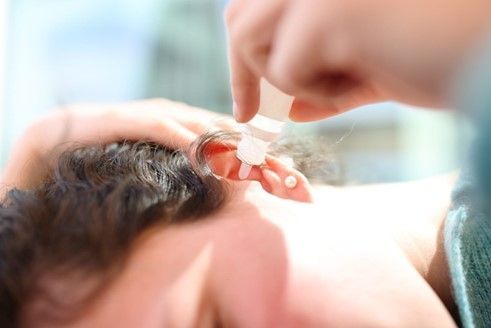How Is a Thyroidectomy Performed in Louisville, KY?
Thyroidectomy is a surgical procedure to remove some or all parts of the thyroid gland. It is generally performed for an obstructive goiter, concerning thyroid nodules, or thyroid cancer. Read on to learn more about how the thyroidectomy is performed.
Are Thyroid Disorders Common?
Thyroid disorders affect millions of people in the United States. A healthy thyroid is crucial since it aids in the regulation and control of your body's physiological activities. Puffiness in the eyes or gradual amnesia are signs of hypothyroidism, as are changes in hair (sparse, coarse, dry) and skin (coarse, dry, scaly) color or texture. Goiter (enlargement of the thyroid gland), bulging eyes, high heart rate, wet skin, frequent bowel movements, tremors, jumpiness, sensitivity to heat, and insomnia are all symptoms of hyperthyroidism.
Medications can be used to treat both disorders. When medication is not an option for hyperthyroidism, radioactive iodine is sometimes used to slow down the thyroid. The thyroid may need to be surgically removed for certain reasons.
When Will You Need a Thyroidectomy
People with a thyroid tumor, thyroid nodules, or hyperthyroidism, which occurs when the thyroid gland produces too much thyroid hormone, may benefit from a thyroidectomy. The decision to proceed with thyroid surgery is an important one that the surgeons at Kentuckiana ENT, a division of ENT Care Centers, can determine for you based on treatment guidelines and their years of expertise in thyroid surgery.
What are the Risks of Thyroidectomy?
While the procedure is generally safe, there are certain risks of thyroidectomy. They include:
● Changes in voice, such as hoarseness
● Throat irritation
● Hypoparathyroidism
● Blood clots
● Adhesions or scar tissue needing additional surgery
● Windpipe injury
How is Thyroidectomy Performed?
During the procedure, you will be placed lying down in the operating room, with your chin tilted back and supported under your neck and shoulders. Thyroidectomies are performed under general anesthesia, which means you will be unconscious and pain-free throughout the surgery.
The surgeon makes a small incision in the skin of the neck, usually in a natural wrinkle to minimize the prominence of the scar. Surgeons divide the thin layers of muscles in the neck to access the thyroid gland.
Your skilled doctors will then carefully remove one or both thyroid lobes, and sometimes any adjacent lymph nodes that may be impacted by the disease. After this, the surgeon binds the front of the neck muscles in their original position. Sutures or adhesives are then used to seal the wound.
Are There Different Types of Thyroidectomy?
The two major types of thyroidectomy are thyroid lobectomy and total thyroidectomy:
Thyroid Lobectomy (Removal of a Thyroid Lobe)
A thyroid lobectomy is usually performed when you have cancerous lymph nodes along the thyroid glands. During this procedure, half of your thyroid gland is removed, leaving other critical structures intact. It is an effective surgical treatment for benign thyroid tumors or nodules.
Total Thyroidectomy
Your entire thyroid gland is removed during a total thyroidectomy. Surgeons recommend this procedure for people with papillary thyroid cancer, hurthle cell cancer, and medullary thyroid cancer, amongst others. During this procedure, the lymph nodes along your thyroid glands may also need to be removed.
If you need a thyroidectomy, contact our experts at Kentuckiana Ear, Nose & Throat, a division of ENT Care Centers to have confidence that you are receiving the best thyroid care. Our qualified doctors use the latest techniques to treat thyroid nodules or thyroid cancers. Request an appointment with us today.













